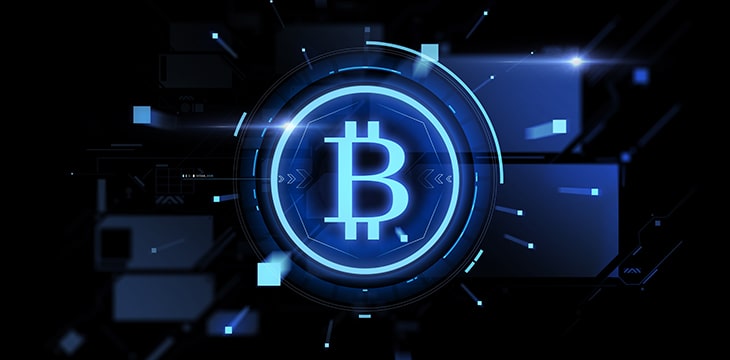|
Getting your Trinity Audio player ready...
|
Zero-sat transactions! This week’s hot topic is the main theme for this week’s episode of “Bitcoin Class with Satoshi,” the video series of tutorials featuring sCrypt’s Xiaohui Liu and Bitcoin creator Dr. Craig S. Wright. Dr. Wright goes back to the basics to explain Bitcoin’s economic principles and why they matter… and even lets off some steam in the later minutes of the episode.
A certain debate has raged in some discussion circles over the past week. It concerns whether a Bitcoin transaction could conceivably be “0 sat” or “zero sats”—or in other words, contain no actual transfer of Bitcoin token value. The debate has several branches, such as whether such a transaction is theoretically possible according to the wording of the white paper, whether miners/processors would be willing or could be forced to accept such a transaction, whether this would actually be useful to anyone, or if it would actually be harmful.
Ep9: Zero Satoshi, a hot topic recently https://t.co/6zwsp8ptkX #bitcoinclass
— sCrypt Official | OP_CAT 🐱 (@scryptplatform) June 15, 2021
Note: this shouldn’t be confused with zero-fee transactions, which are possible if a processor permitted it. Zero-sat refers to a hypothetical transaction that contained nothing at all.
If you’ve been following the debate on the forums, you’ll know Dr. Wright’s position on the matter is quite clear—he says a zero-sat transaction would break Bitcoin’s rules. In fact, he would consider it an attack on the network and would not hesitate to bring the full force of the law upon any miner who saw fit to process one.
He is adamant on that point, and goes to some detailed (and colorful) lengths to describe why it shouldn’t be allowed, and what would happen to Bitcoin and transaction processors if zero-sat transactions occurred.
“You don’t get to sit there and say, ‘I can do it, therefore it’s right,’” he says, hinting that even if zero-sat transactions were possible on a technical level, they were a serious breach of the protocol rules.
A single Satoshi, the smallest Bitcoin unit, must still have value or the network has no value. That value may only be a fraction of a cent, but it also means anyone can join the network and grow that value, with only a few cents’ startup cost at minimum.
Commodities, collusion, and incentives
Bitcoin is a commodity product and that’s important, Dr. Wright says. There’s an underlying digital asset, which processors are competing to obtain. Those processors can join or leave the network at will, with no one able to force them to stay or collude to prevent them from joining.
He also points out the differences between this (proof-of-work) system and proof-of-stake, which some blockchains have touted as a more energy-efficient system—and one that Ethereum is working to move to. In PoW, if a large processor suddenly goes offline for some reason, smaller operators may join the network for a greater chance at gaining the block subsidy and fees. If this happened in PoS, there’s no incentive or resource pool for smaller stakers to fill the gap.
The exchange of value on a PoW network is essential to its existence, Dr. Wright says, because that’s what incentivizes the processors to keep competing. Likewise, the commodity value of the Bitcoin token (aka a “satoshi,” which is the smallest-possible unit of value) is also important. No incentives, no security, no value.
“You don’t just go to a company and say, ‘You should accept Russian rubles, because they’re cool,’” he says. The network token needs to have real value given to it by actual utility, or real-world use and desirability.
He notes that he was even against the idea of the “Bitcoin faucets” in the network’s earlier days, where large holders gave Bitcoin tokens to anyone who asked, in order to spread the word. These actions only encouraged the “HODL” mentality that still prevents BTC from actually being used, since they were given to random people with no obligation to do anything in return.
Similarly, without value exchanged in every transaction, the network itself would eventually have no value.
“Bitcoin is a token exchange. It exchanges coins. It doesn’t just write data… there is no such thing as a zero-value (nothing) thing. That will not keep going.”
Understanding incentives, and how they work in Bitcoin, is something people haven’t spent enough time examining—preferring instead to debate technical details and possibilities. This episode may not answer every question for everyone, but it will definitely help to make some issues clearer.
To watch previous episodes of the Theory of Bitcoin and Bitcoin Class, check out the Theory of Bitcoin YouTube channel here and the Bitcoin Class with Satoshi YouTube channel here.

 02-20-2026
02-20-2026 




